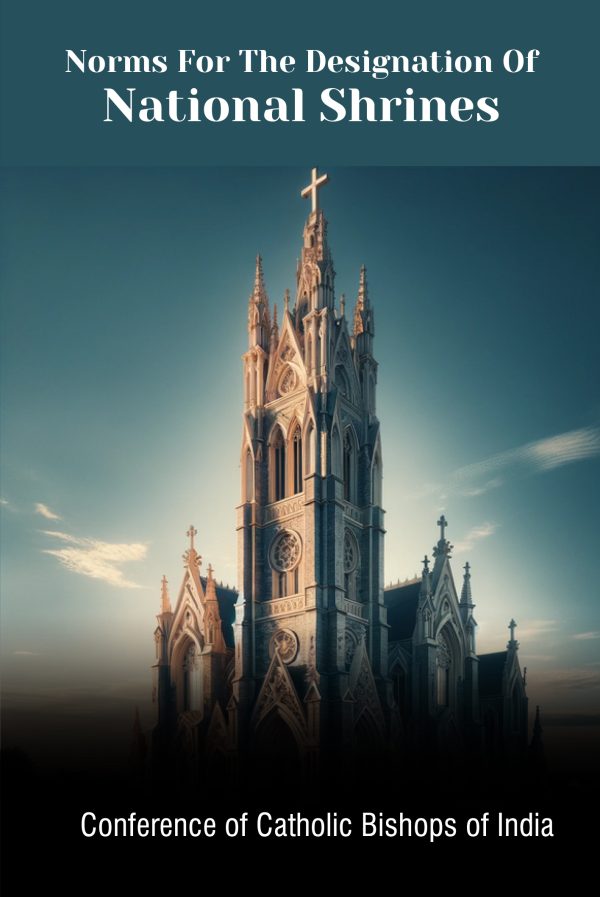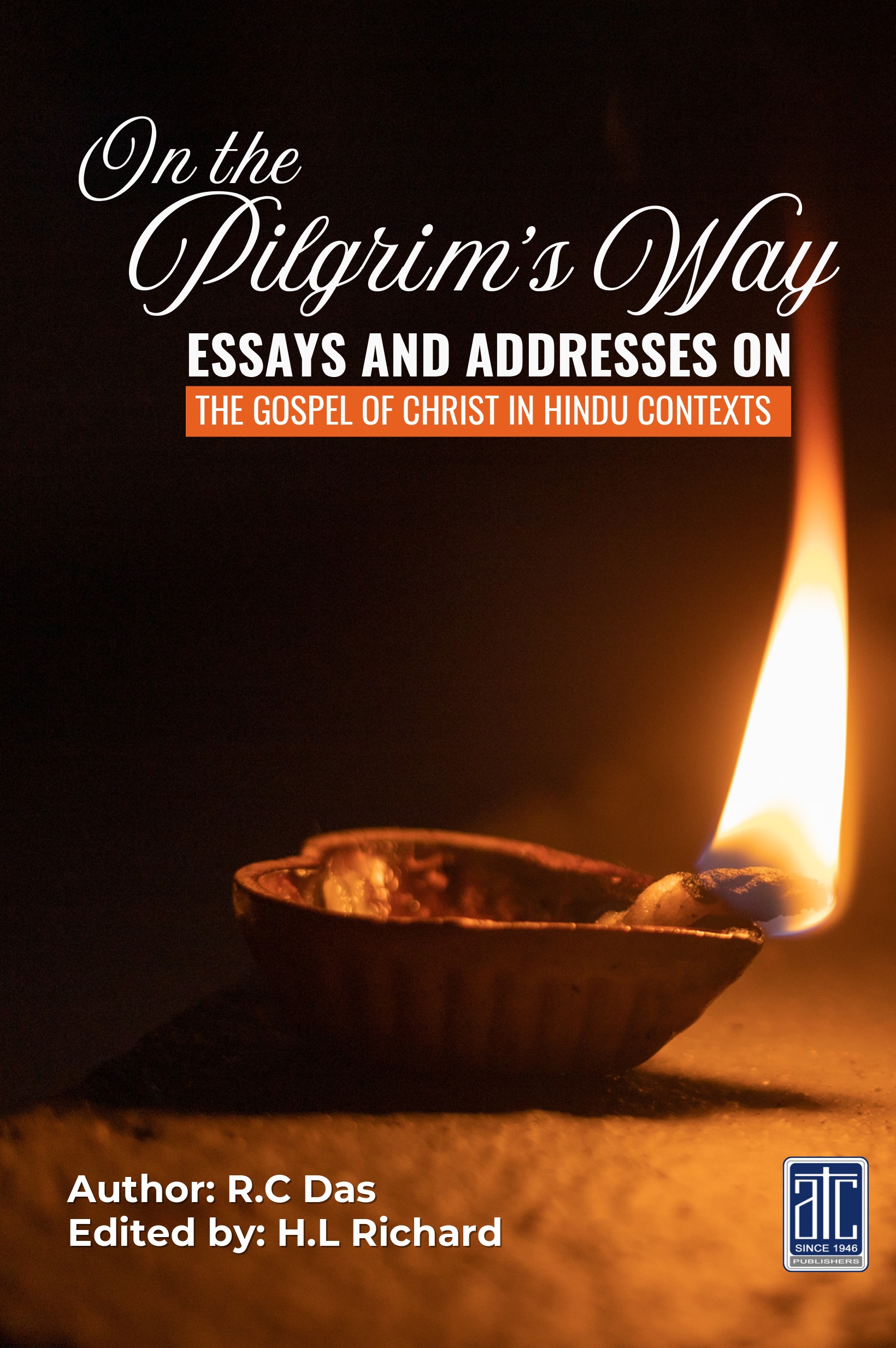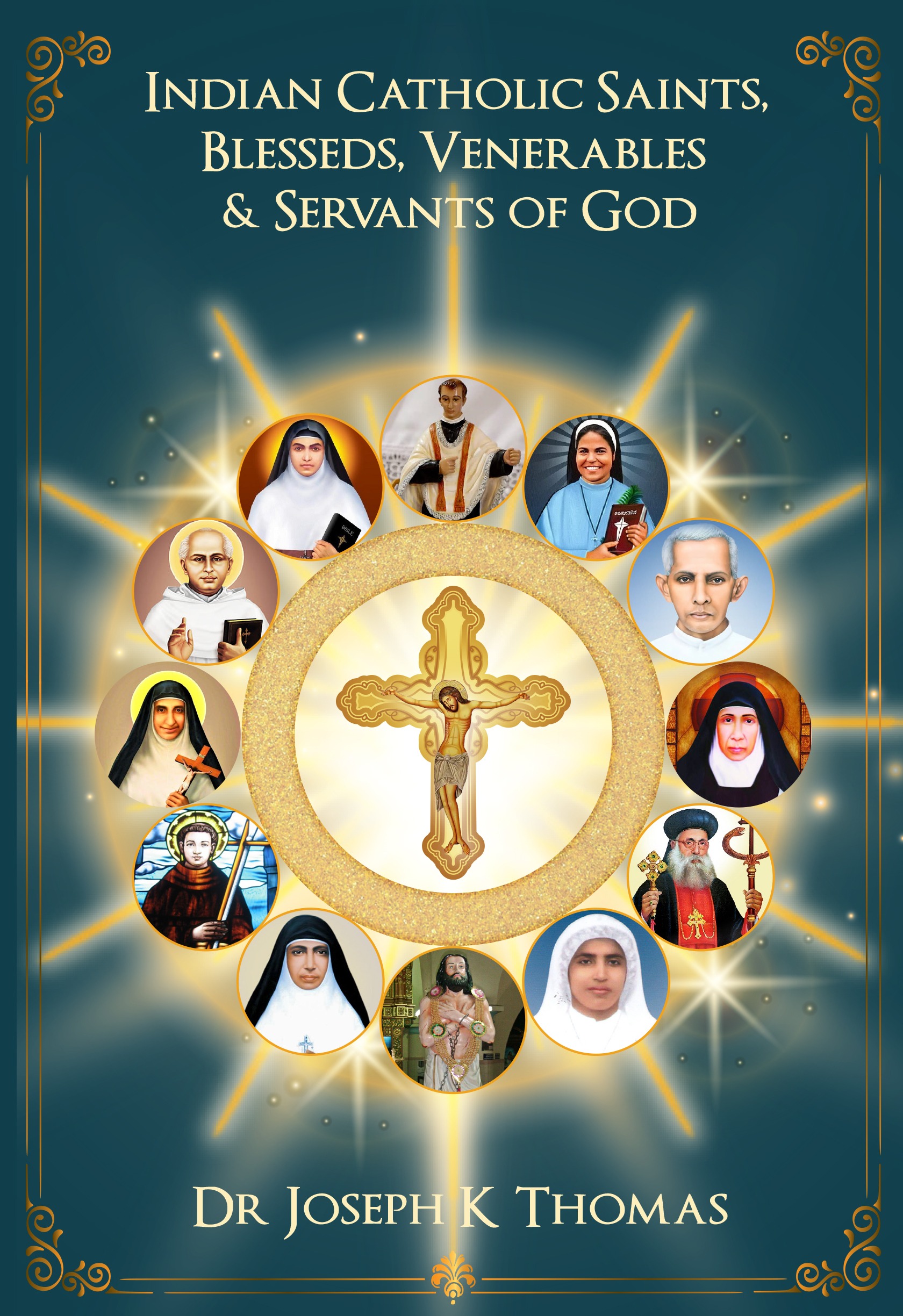NORMS FOR THE DESIGNATION OF NATIONAL SHRINES
$ 0.80
Description
The Shrine and Pilgrimage Apostolate have played a significant role in the pastoral life of the Church for many centuries. Directory on Popular Piety and the Liturgy (DPPL), issued by the Dicastery for the Divine Worship and Discipline of the Sacraments, states that shrines have always been and continue to be signs of God and of His intervention in history. Each one of them is a memorial to the Incarnation and to the Redemption (cf. DPPL, 263). Its activities, however, have not been the subject of extensive juridical regulation of the Church. Cann. 1230-1234 of the Code of Canon Law (1983) outlines the requirements for shrines. Can. 1230 specifically stipulates, “The term shrine means a church or other sacred place which, with the approval of the local Ordinary, is by reason of special devotion frequented by the faithful as pilgrims.”
In accordance with Cann. 1230 and 1205, primarily, a shrine must be a sacred place assigned to divine worship. Secondly, they are frequented by the faithful as pilgrims, who are drawn to them for some special pious reasons and devotions based on images, relics, miracles, apparitions, etc. They constitute a significant element in the mission of the Church in India.
In view of the importance of shrines as a part of the life and mission of the Church in India, the following norms are laid down to direct and govern the approval of national shrines. These norms are consistent with the Code of Canon Law and respect the traditional autonomy of shrines in their pastoral functions. With the “national” designation, it is hoped that shrines in India will become more significant and effective “Places of Evangelization” (cf. DPPL, 274).
Additional information
| Author | MERLIN RENGITH AMBROSE |
|---|












